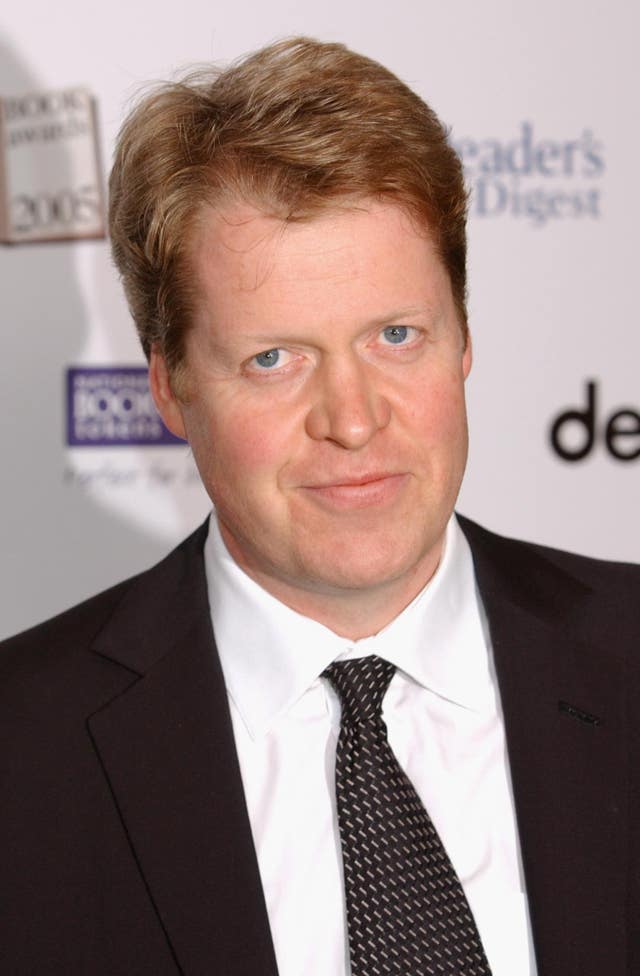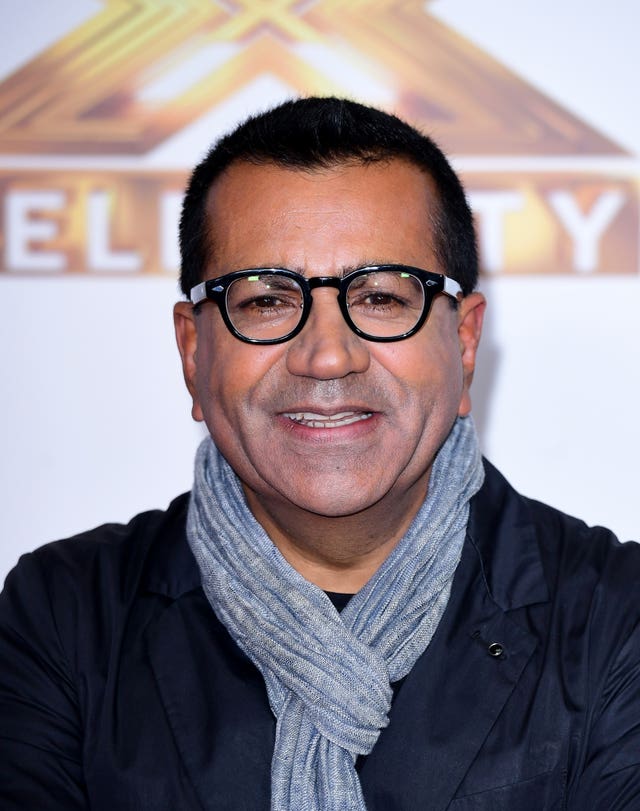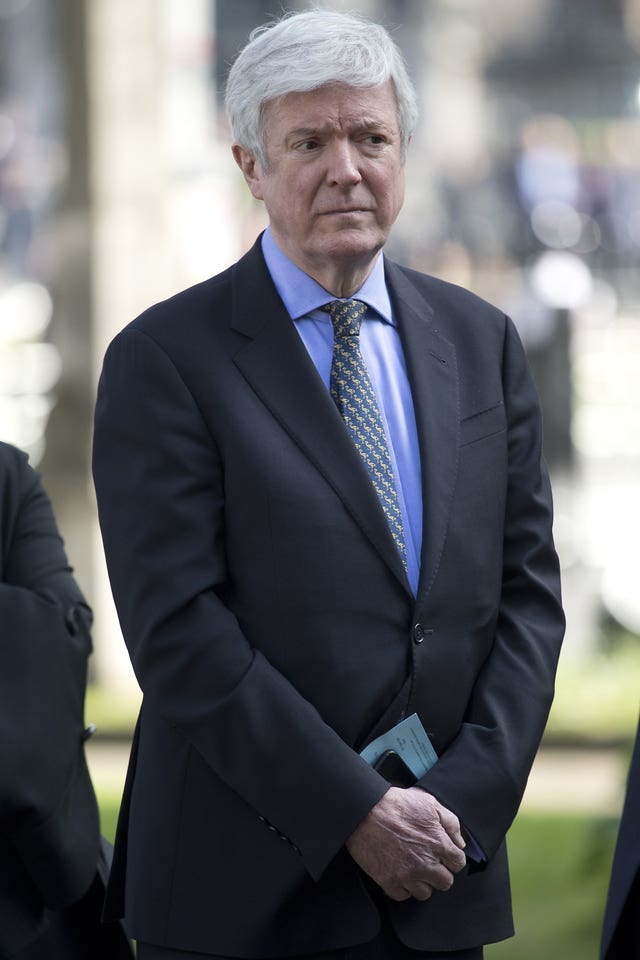Key figures and topics behind the Diana Panorama interview controversy
Earl Spencer introduced Diana to the then BBC Panorama reporter Martin Bashir.

The interview with Diana, Princess of Wales on Panorama is once again making headlines, 25 years after it first sent shockwaves through the monarchy.
Here, the key people and issues are examined:
– Earl Spencer
Diana’s younger brother, Earl Spencer, has defended the memory and legacy of his sister since her death in a Paris car crash in 1997.
In his funeral eulogy Charles Spencer told mourners the princess was “the most hunted person of the modern age”.
And he pledged that Diana’s “blood family” would do all they could to steer her two sons so that they were “not simply immersed by duty and tradition but can sing openly as you planned”.
Charles provided introductions between Diana and the then BBC Panorama reporter Martin Bashir.

Diana’s brother has made a string of allegations about the circumstances leading up to her now infamous Panorama interview in 1995, in which she sent shockwaves through the monarchy with details about the state of her marriage to the Prince of Wales.
Earl Spencer claims that in the weeks before the programme, Martin Bashir showed him “false bank statements” that related to alleged payments made to two members of the royal household by the security services.
The documents falsely suggested the individuals were being paid for keeping the princess under surveillance.
Diana’s brother alleges these papers were far more important than other mocked-up documents, relating to a former employee of the earl, that Mr Bashir also used as he tried to gain access to the princess.
The earl also alleges that Mr Bashir made a series of claims about the royal family and that he kept contemporaneous notes of their meetings.
In 1996 the BBC held an internal investigation which examined the mocked-up documents relating to the earl’s former employee. This aimed to determine whether or not the princess had been misled, with a key piece of evidence, a note from Diana, suggesting she had not.
The BBC has now announced that Lord Dyson will lead an independent investigation into the circumstances around the Panorama interview.
Mr Dyson said: “This is an important investigation which I will start straight away. I will ensure it is both thorough and fair.”
– Martin Bashir
Martin Bashir rose to prominence after his interview with Diana and later his documentary about global superstar Michael Jackson.
The BBC has said in a statement that Mr Bashir admitted commissioning mocked-up bank documents, which related to the former Spencer employee, during the corporation’s internal investigation.

Mr Bashir, now the BBC’s religion editor, is seriously ill with Covid-related complications and is not in a position to respond, the BBC has said.
The most recent update on his health from the BBC said: “Martin Bashir is signed off work by his doctors. He is currently recovering from quadruple heart bypass surgery and has significant complications from having contracted Covid-19 earlier in the year.”
– Lord Hall
Former BBC director-general Lord Hall was director of BBC news and current affairs when the Diana interview was screened.
He led the corporation’s internal investigation into whether Diana had been misled.
The earl has claimed in a letter to the BBC that the 1996 inquiry was a “whitewash” and has gone on to allege the corporation covered up the actions of Mr Bashir.
Lord Hall has told The Times newspaper he was “unaware” of the documents at the centre of the new claims.
Lord Hall, who left the BBC earlier this year, said in a statement to BBC Radio 4’s Today programme that “the focus of the original investigation was whether Diana had been misled”.
He said “this and any new issues raised will no doubt be looked at by the BBC’s new inquiry”.

Graphic designer Matt Wiessler was commissioned by Mr Bashir to create the mocked-up financial documents relating to the earl’s then employee, who no longer works for the earl.
He believes he was made a “scapegoat” by the BBC for the reporter’s actions and wants an apology. He told his story on a two-part ITV documentary screened last week.
Following the 1996 inquiry, the BBC’s board of governors was told there had been “steps to ensure that the graphic designer will not work for the BBC again”.
Mr Wiessler told BBC Radio 4’s Today programme he was “absolutely gobsmacked” to discover that “a board of governors meeting… to look into what Martin had done” had made him “the scapegoat”.





